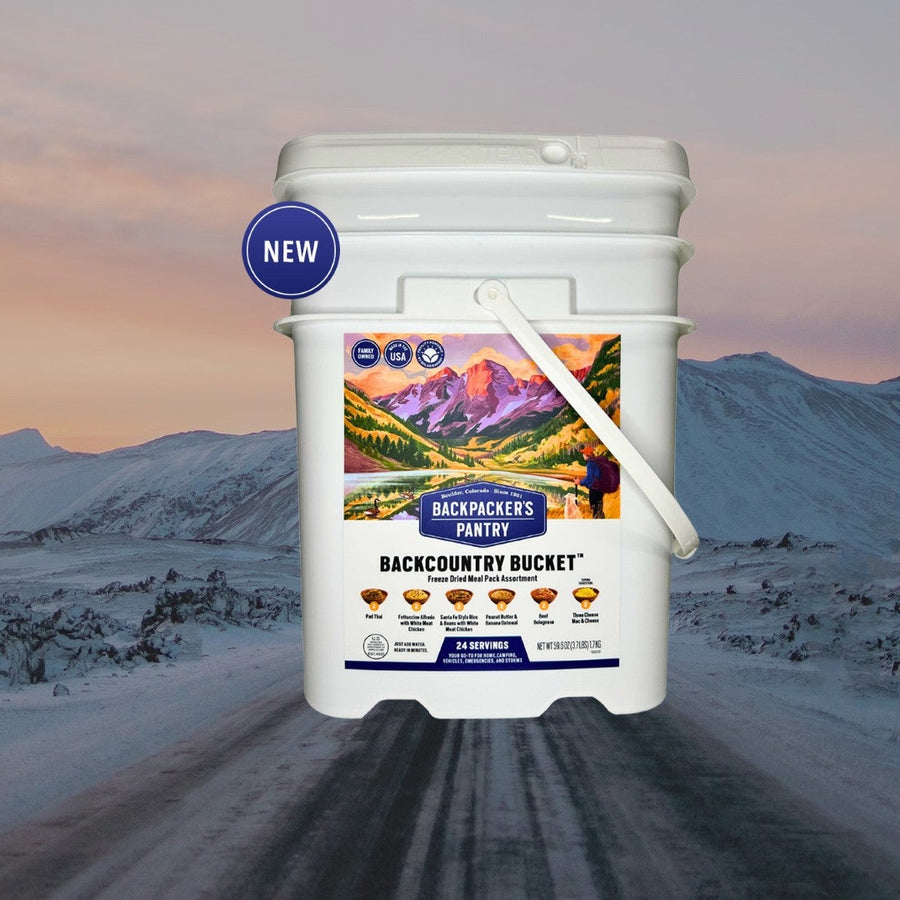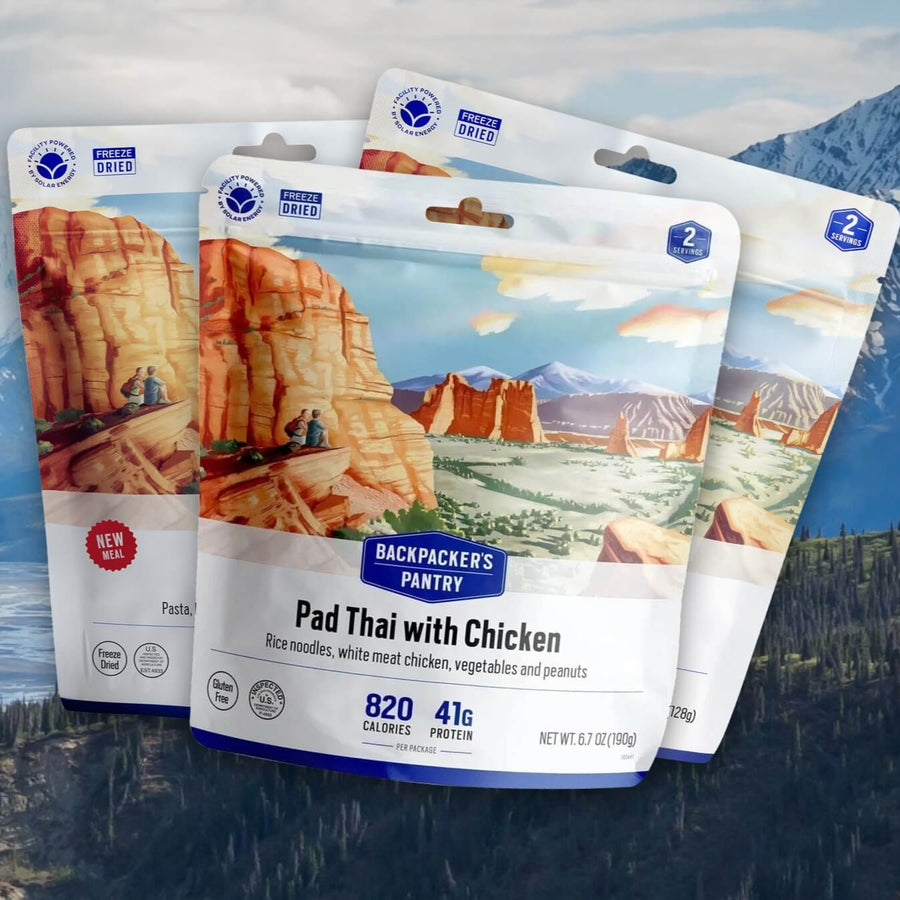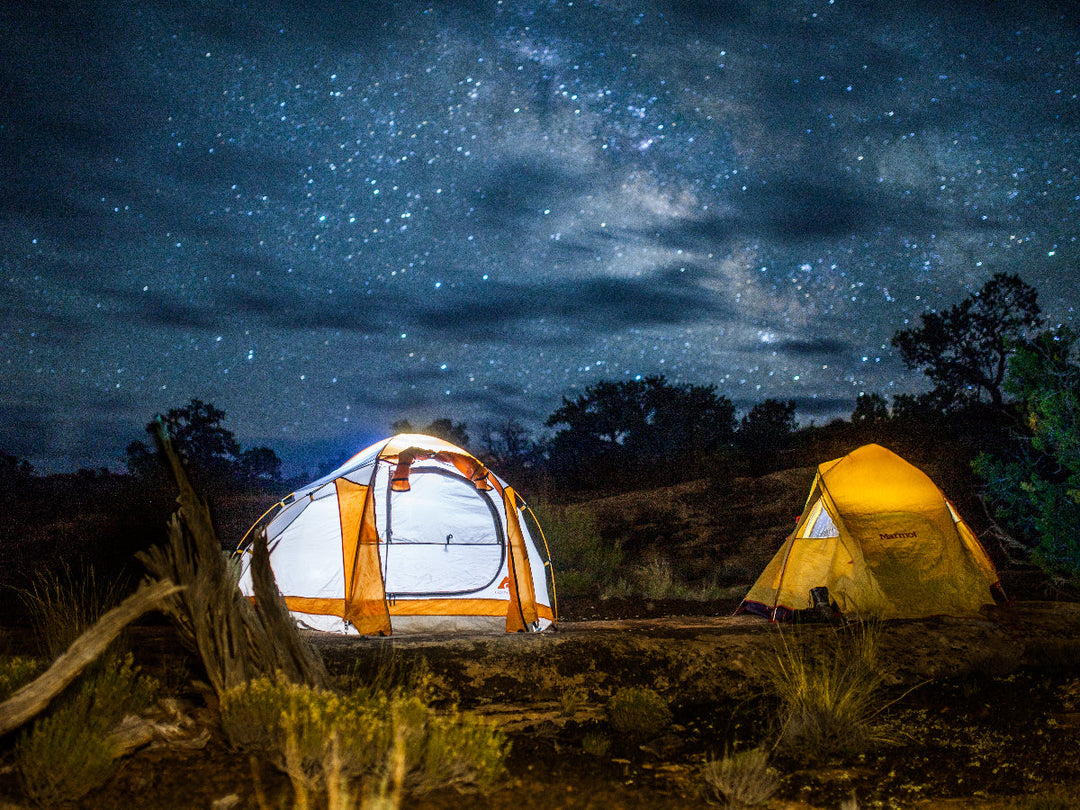Choosing Sunscreen and Bug Spray for Your Outdoor Adventures

How to Stay Safe from the Sun and Insect Bites This Summer
While outdoor adventure offers countless benefits, it also exposes our skin to insect bites and harmful UV rays. To keep your family safe and comfortable while spending time outside, it's important to protect your skin with an effective sunblock and insect repellent. From choosing an environmentally friendly option to selecting the right SPF, here's what you need to know.
Things to Consider
A perfect sunscreen would block ultraviolet A and B rays using ingredients that will not break down in the sun. It would also only contain ingredients that have been proven safe for both adults and children. Unfortunately, no sunscreen on the U.S. market meets every one of these standards. To date, the U.S. Food and Drug Administration has yet to finalize rules on sunscreen product effectiveness and ingredient safety.
That said, the American Academy of Dermatology provides some guidelines to help consumers make wiser choices when selecting effective sunscreen products. According to the AAD, it's generally best to select a sunscreen with the following traits:
- Broad spectrum: This means the sunscreen will protect your skin from both UVA rays and UVB rays.
- SPF 30 or higher: The AAD recommends that consumers choose sunscreens with an SPF rating of 30 or higher.
- Water resistance: Dermatologists tell consumers to look for the words "water resistant" to ensure that the sunscreen will remain effective on wet or sweaty skin for at least an hour.
Spray Sunscreens
Although spray-on sunscreens make it easy to apply sunblock, they come with some serious drawbacks. According to Consumer Reports, people are more likely to inhale potentially harmful ingredients when they use spray-on sunscreens. This can cause lung irritation along with potential long-term health issues. If you do choose to use a spray-on sunscreen, you can reduce the risk of inhalation by spraying it onto your hands and then rubbing it onto your skin. Because spray-on sunscreens are flammable, you also want to keep a safe distance from campfires, portable stoves and lanterns when applying it to your body.
What Is the Safest Option?
Unfortunately, common chemicals used in sunscreen haven't been proven to be completely safe. They may also have a negative impact on the environment. For these reasons, many outdoor enthusiasts are concerned about the potential risks to themselves and Mother Nature.
For people who are concerned about chemical sunscreens, the AAD recommends mineral sunblocks containing zinc oxide and titanium dioxide. With that said, because these products work by deflecting UV rays instead of absorbing them, they are not as efficient as most chemical ingredients. They also tend to wash away in water or when users sweat.
According to Consumer Reports, sunscreens with titanium dioxide and zinc oxide have consistently underperformed in testing, when compared to chemical sunscreens. If you choose one of these products, you should consider wearing a broad-brimmed hat and long sleeves to help reduce your exposure to the sun.
What About Bug Spray?
When it comes to choosing an effective bug spray, outdoor enthusiasts share many of the same concerns about potentially dangerous chemicals that could harm their health and the environment. Unfortunately, they must also contend with the increasing risk of insect-borne illnesses, such as Lyme disease and West Nile Virus.
Consumer Reports provides a comprehensive list of effective insect repellents that utilize everything from deet to oil of lemon eucalyptus to Picaridin, a synthetic repellent modeled after a compound which naturally occurs in the black pepper plant.
Surprisingly, Consumer Reports has found that natural insect repellent can actually outperform deet-based bug sprays in certain instances. If you are concerned about the potential negative effects of chemical bug sprays, read through this report so you can make an educated decision about choosing an effective insect repellent.
Backpacker's Pantry provides ready-to-eat, lightweight camping food to help you get more enjoyment out of your outdoor experiences. Browse our nutritious, gourmet food for the trail.





